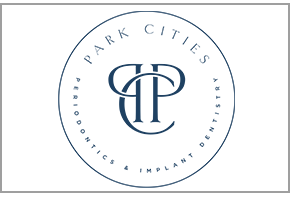Gum recession is a common dental issue in which the gum tissue that surrounds the tooth erodes to the tooth’s root, exposing more of the tooth’s structure than is usual. Many people are unaware that their gums are undergoing recession, as the process is a gradual one and often goes unnoticed.
Many people are unaware that their gums are undergoing recession, as the process is a gradual one and often goes unnoticed.
Along with bleeding gums, gum recession is often an early symptom of gum disease and as the tissue regresses it can leave behind gaps in which bacteria can build up. These bacteria can then penetrate into the gum tissue and eventually the jawbone, leading to periodontitis and tooth loss.
The loss of gum tissue can also cause problems for cosmetic dental surgery treatments, such as dental implants which rely on a good amount of gum tissue being available.
Gum recession can be caused by a range of factors, including:
- Periodontal disease – a bacterial infection that can harm gum tissue and erode bone mass if left untreated;
- Hard tooth brushing – brushing teeth aggressively can cause the enamel on the teeth to wear away and cause gums to recede.
- Poor oral hygiene – poor brushing or flossing can lead to a build up of plaque and tartar which can build on gum tissue and feed the bacteria, causing gum disease.
- Changes in hormones – puberty, pregnancy and menopause can cause hormonal imbalances, and make gums more sensitive and vulnerable to receding gums.
Gum recession can be treated by a periodontist, who can advise on why a patient’s gums may be receding and treat the issue accordingly.
There are three types of tissue graft: connective tissue graft, where the dentist cuts a small flap of skin in the roof of the mouth and collects the underlying tissue to be stitched onto the gum tissue around the affected area. Other grafts include gingival grafts, where tissue is collected directly from the roof of the mouth, rather than under the skin and pedicle grafts, where there is sufficient gum tissue surrounding nearby teeth and the periodontist can route some of this tissue into the gum tissue of affected teeth.
If you are suffering from gum recession and would like more information about treatment, call the Dallas office of Dr. Beth Tomlin at 214-949-1836 to schedule a consultation today.






